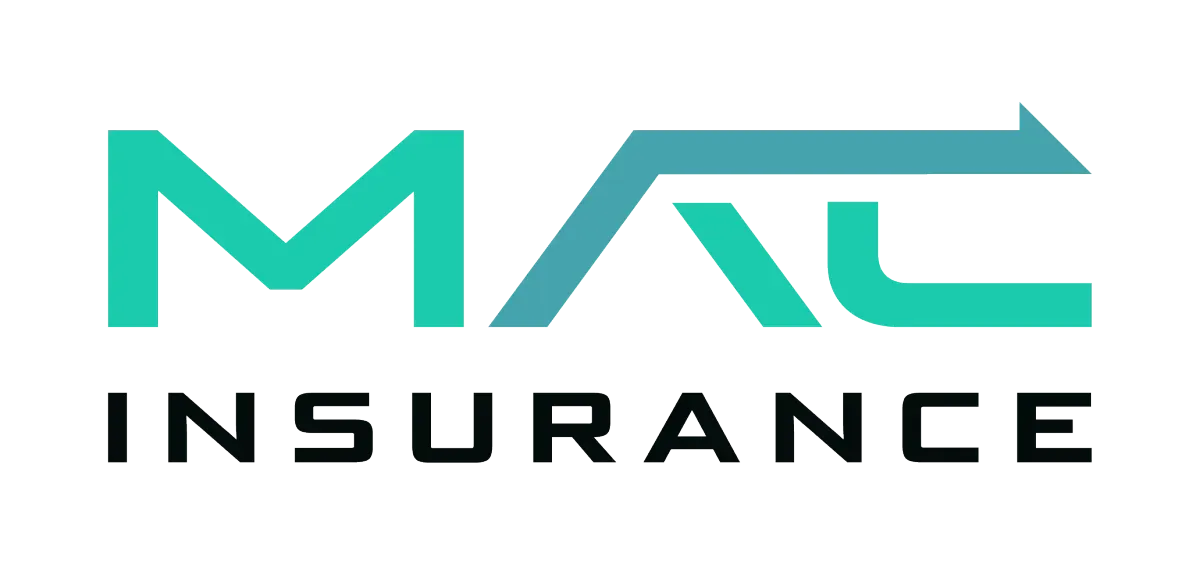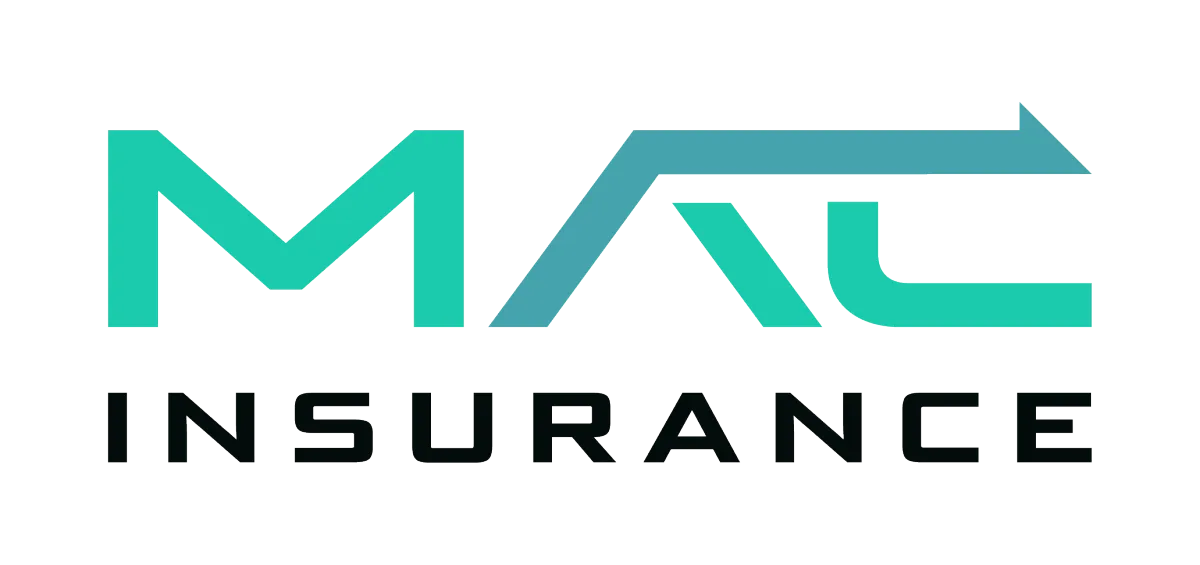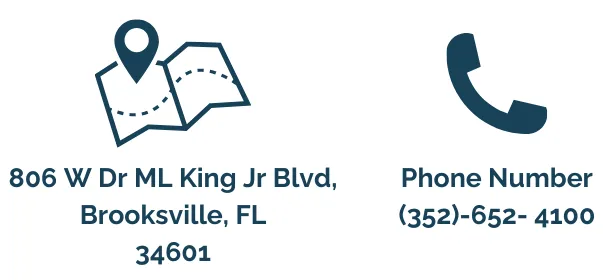Medicare Frequently Asked Questions

Is Medicare a state or federal program?
The Medicare program was established in 1965 by President Lyndon B. Johnson. It is managed by the Centers for Medicare and Medicaid Services (CMS), which is part of the Department of Health and Human Services.
Who is eligible for Medicare?
Medicare is available to several groups of people: those 65 and older, individuals under 65 who have received disability benefits for at least 24 months, and those with certain conditions like End-Stage Renal Disease or ALS (Lou Gehrig’s disease).
At what age are you eligible for Medicare?
You can enroll in Medicare at age 65 unless you qualify earlier due to disability or certain health conditions.
How much does Medicare cost?
Medicare costs vary based on income and work history. Some people qualify for free Part A if they’ve worked at least 10 years and paid Medicare taxes. Others pay a standard monthly premium for Part A and B, with higher earners paying more. Keep in mind, premiums don’t cover deductibles, copays, or coinsurance.
I have other insurance. Do I need Medicare Part B?
If you have health insurance from a large employer (20+ employees), you may be able to delay Medicare Part B if your coverage is "creditable." However, many people still enroll in Part A since it’s usually free.
When should I apply for Medicare?
You can apply for Medicare starting 3 months before your 65th birthday.

Many seniors have questions about Medicare and related topics that they need answers to.
I’m 65 years old and still working. Do I have to enroll in Medicare?
You don’t have to enroll in Medicare at 65, but if you delay without other creditable coverage, you may face penalties later. If your employer has 20+ employees and offers health insurance, you can wait without a penalty.
Why is the first Medicare bill so high?
Your first Medicare bill is high because it includes four months of premiums if you're not receiving Social Security benefits. You can avoid this by signing up for Medicare Easy Pay to make monthly payments.
What are Medigap Plans?
What is the Medigap Open Enrollment Period?
The Medigap Open Enrollment Period starts 3-6 months before your Medicare Part B begins and lasts for 6 months after. During this time, you’re guaranteed approval. After that, you may not qualify for a plan.
What is Medicare Part C?
Medicare Part C, or Medicare Advantage, combines Parts A and B and often includes extra benefits like dental, vision, hearing, and drug coverage. Some plans have a $0 premium, but they may have limitations.
What medications are covered with Medicare Part D?
Medicare Part D covers certain required drug categories, like antidepressants, antipsychotics, and immunosuppressants. Each plan has a list of covered drugs, called a formulary, which shows what’s included and the costs.
Does Medicare cover skilled nursing care?
Medicare covers short-term skilled nursing care but not long-term care.
If I have other insurance, will Medicare pay my deductible?
If your employer has fewer than 20 employees, your work insurance pays first, and Medicare may help cover some or all of your deductible.
What is the Part D coverage gap?
Starting in 2025, Medicare Part D will have a $2,000 yearly cap on out-of-pocket drug costs. Once you reach this limit, you won’t pay for covered prescriptions for the rest of the year. A new discount program will also help lower costs. These changes make Medicare drug coverage simpler and more affordable.
Will I automatically be enrolled in Medicare if I’m on Social Security?
Yes, if you’re already getting Social Security benefits, you’ll be automatically enrolled in Medicare at 65. If you’re under 65 and have been on Social Security disability for 24 months, Medicare will start in your 25th month.
Are there premium-free Medicare supplement plans?
No, all Medicare Supplement (Medigap) plans have a monthly premium. There are no free options.
Can Medicare end your coverage?
Medicare won’t cancel your coverage unless you stop paying your premiums. You’ll get several warnings before it happens.
Can you enroll in both a Medicare Advantage and Medicare supplement plan?
No, you cannot have both a Medicare Advantage and a Medicare Supplement plan at the same time.
Does Medicare cover telehealth?
Yes, Medicare Part B covers telehealth services. The expanded benefits from the COVID-19 pandemic are now permanent.
What is a drug formulary?
A drug formulary is a list of medications covered by a Part D or Medicare Advantage plan. Drugs are grouped into tiers lower tiers have cheaper generic drugs, while higher tiers include expensive brand-name or specialty medications.
Medicare Explained
Need Help Understanding Medicare?
WE'VE GOT YOU COVERED!
Medicare can be confusing, but you don’t have to figure it out alone. At MAC Insurance, we specialize in helping you understand Medicare Advantage, supplements, and prescription drug plans. So you can get the coverage you need while keeping costs low.
We’ve put together helpful resources to guide you, and when you’re ready, just give us a call! Our licensed agents will compare plans in your area and help you make the best choice.
And our support doesn’t stop there! MAC Insurance will be with you every step of the way, reviewing your plan each year to ensure it still meets your needs.
📩 Contact us today and let us represent you for FREE!
We are not connected with or endorsed by the United States government or the federal Medicare program. We do not offer every plan available in your area, and any information we provide is limited to those plans we do offer in your area. Please get in touch with Medicare.gov or 1-800-MEDICARE to get information on all your options.
Copyright © 2026 MAC Insurance. All rights reserved.






